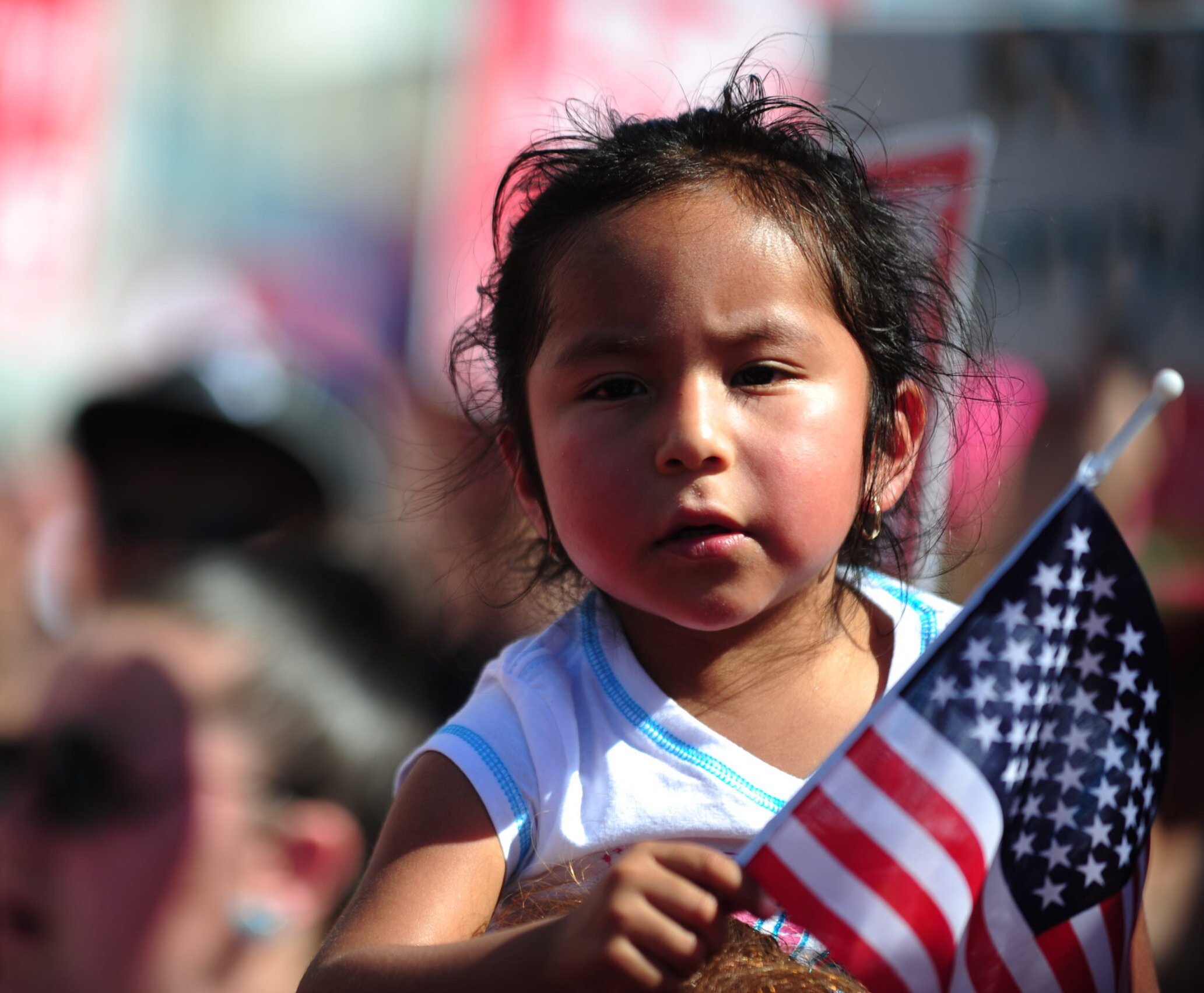ustxtxb_obs_2003_01_31_50_00025-00000_000.pdf
Page 23
We schmoozed, we raised money, and we had a rousing good time! Thanks to all of you, our loyal readers and supporters, and to the musicians, businesses and volunteers who helped make the Observer’s second annual Rabble Rouser Roundup and Fat Cat Schmoozefest such a great success. We would specially like to thank: MOLLY IVI NS JIM HIGHTOWER JIM FRANKLIN THE GOURDS: Claude Bernard Max Johnston Keith Langford rche Kevin Russell Jimmy Smith JIMMY LAFAVE AND HIS BAND: Danny Click Scrappy Olivier Glenn Scheutz THE HORSIES: Bill Anderson Julia Austin Brant Bingamon Sheri Lane Rich Malley ELIZA GILKYSON AND HER BAND: Darcy DeVille Glenn Fukunaga Jeff Plankenhor Cisco Ryder The Austin Chronicle KGSR KOOP KUT News8Austin Portabla Sweetish Hill Threadgill’s Thundercloud Subs Worley Printing Davis McLarty Val Denn Direct Events La Zona Rosa Special Olympics Texas Our dedicated and tireless volunteers: Jessica Chapman Beth Felker Josh Green Ellen Forman Carol Moczygemba Nathaniel Norton Phillip Pastrano Karen Poff Kristen Poff Emily Rapp Seitz THANK YOU ALL FOR BELIEVING IN AND SUSTAINING THE TEXAS OBSERVER it almost requires a playbill to follow it from start to finish. Rove wanted to seize the moment and send Tom Pauken back to his Dallas law practice. But he also wanted to defeat the Democratic incumbent, Dan Morales, an attractive, unpredictable Hispanic who was often mentioned as a candidate for governor. Morales was almost a perfect Democratic candidate. A MexicanAmerican from a middle-class family in San Antonio, Morales had attended preppy Trinity University in San Antonio and Harvard Law School. Out of Harvard, he worked as a prosecutor, a lawyer in a corporate law firm, and a state representative. He was a boyishlooking thirty-four when he was elected attorney general. This dapper Hispanictrim, telegenic, and slightly dweebyhad more crossover appeal than Antonio Banderas. He turned on Mexican-American voters while turning out suburban womenand the middle-class white men who often eluded the Democrats. If his Spanish wasn’t as good as that of George W. Bush, he had the surname to sell to Hispanic voters. And Morales was the only Democrat whose name would appear near the top of the ballot. His spectacular, vertical collapse, largely of his own doing, has all the intrigue and melodrama of a Mexican telenovela. In the run-up to the 1998 election, Morales was the candidate who most worried George Bush. “The entire focus was on Morales. Bush did not want Dan Morales. He did not want Morales to win,” said a Republican campaign consultant to the 1998 election. Morales was the last star in the Democratic Party’s fading constellation, the only Democratic incumbent on the statewide ballot. If he could be eliminatedand the Democrats running for open seats defeatedthe party that eight years earlier had a lock on every statewide office would hold none. And every statewide office is a power base, providing patronage, employment for campaign operatives, publicity platforms, and a farm team to develop new talent. Eliminating Morales was a critical step in Rove’s project of dismantling the party from the top down. If he could do it in 1998, a Republican sweep from the top of the ballot down would be easier to achieve in 2002. Morales had also talked about running for governor. At the top or close to the top of the ballot, a star with Morales’ crossover appeal would discourage some voters from voting the straight Republican ticket that was becoming more common in Texas. Rove also had a personal reason for targeting Dan Morales. Less than a year into Bush’s first term, the Democratic attorney general had filed suit against the nation’s big tobacco companies, to recover some of the money the state had incurred in treating tobacco-related illness. To prepare for the lawsuit, the lawyers Morales hired to represent the state decided to question Rove. Pitting a strong candidate against Morales also allowed Rove to settle the score with the attorney general who had dragged him into a lawyer’s office, put him under oath, and subjected him to a deposition by Democratic trial lawyers hired to represent the state in a lawsuit against the tobacco industry. To kill two birdsPauken and Moraleswith one stone, Rove recruited to the Republican side of the race John Cornyn, a San Antonio lawyer who had once earned a living defending insurance companies, and who remained a faithful friend of the industry in the votes he cast as a justice on the Texas Supreme Court. Trim, tall, courtly, and blessed with prematurely white hair, Cornyn had more box-office appeal than the shorter, stocky Pauken. But because the Supreme Court is invisible to most votersthe Court of Criminal Appeals is the rocket-docket forum to executions in TexasCornyn didn’t have the high profile Pauken did. So Rove’s handpicked candidate entered the race trailing Tom Pauken. As the state’s Republican Party chairman, Toni Pauken was an irritant for George Bush. As the state’s independent attorney general he would be a real threat. And it appeared that the underfunded Pauken, with broad-based support from hardcore Reagan Republicans and evangelical Christians, would 1/31/03 THE TEXAS OBSERVER 25


